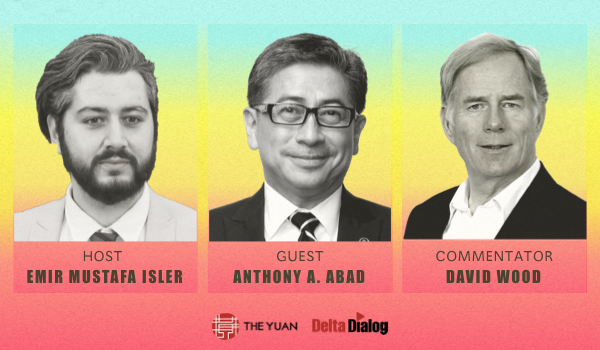
GENEVA -
Trustless Computing Paradigms
Trustless Computing Paradigms is a revolutionary approach to ensuring the security and reliability of critical IT systems in society. At its core, this paradigm emphasizes the use of open, time-tested, and battle-hardened cryptographic algorithms, protocols, and components. This approach is particularly focused on sensitive and diplomatic communications, AI governance support, and social media feed subsystems. Implementing trustless processes throughout the entire lifecycle of these systems ensures the integrity and reliability of democratic processes, similar to procedures surrounding voting booths and citizen juries.
The Harnessing AI Risk Initiative emerged from a consensus among scientists, leaders, and global citizens regarding the risks AI poses to safety and power concentration. Over just 18 months, a widespread recognition has arisen of the need for an international treaty to manage these risks. However, current treaty-making models have proven ineffective and fragile, as evidenced by the roadblocks rife in nuclear and climate change agreements. This initiative is akin to the post-World War II Baruch Plan, which proposed an international authority to control nuclear capabilities.
A key proposal within this initiative is the creation of a public-private consortium for AI governance. This model has several advantages over existing governance structures. Firstly, it facilitates a dual concurrent constituent process: the formation of an open intergovernmental organization to regulate AI safety, security, and accountability, and the setup of a large-scale, open public-private consortium. This consortium, with an estimated cost of at least USD15 billion, would be dedicated to developing the most advanced, safe AI technologies. The collaborative nature of this model, just as that of the Airbus, ITER, and CERN projects for nuclear technology, ensures the benefits of advanced AI are widely shared, while maintaining strict oversight and regulation.
The global tech landscape is rapidly evolving, and the Harnessing AI Risk Initiative is going to play a key part in shaping its future. By advocating for a new governance model that blends public and private efforts, the initiative aims to address the limitations of current treaty-making processes.
What’s in it for me?/Why should I care?
The Trustless Computing Paradigms and the Harnessing AI Risk Initiative represent bold steps toward securing the future of critical IT systems and AI technologies. By doing what they are doing, these initiatives strive to limit the risks attendant upon AI, while promoting democratic accountability and fair distribution of AI benefits. As AI and tech continue to develop, these innovative approaches are important to ensure AI technologies are developed and deployed responsibly, and for the benefit of every person.
Further Reading:- How a public-private consortium could lead to democratic global AI governance
- Global AI governance must accomplish certain things to be a success
- ‘Effective’ is just as important as being ‘right’ in medical AI governance





 821 views
821 views






